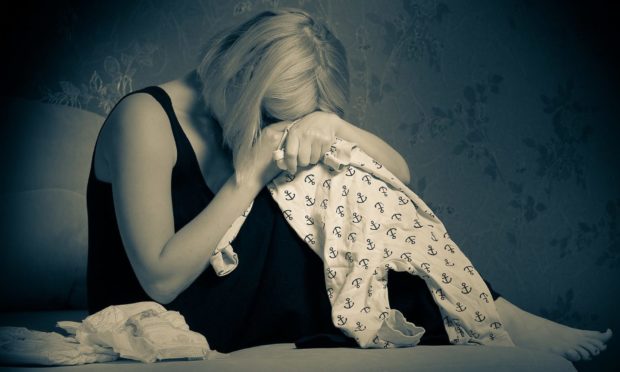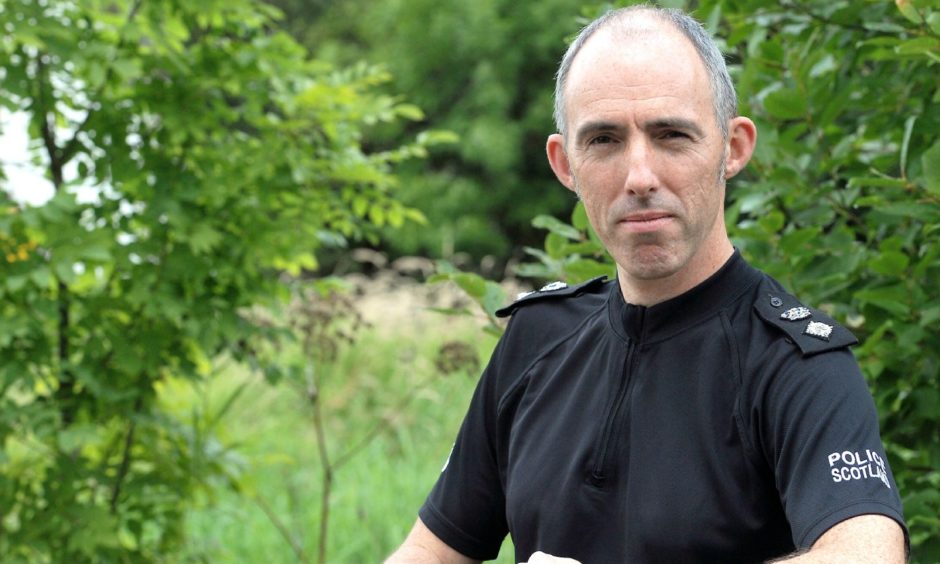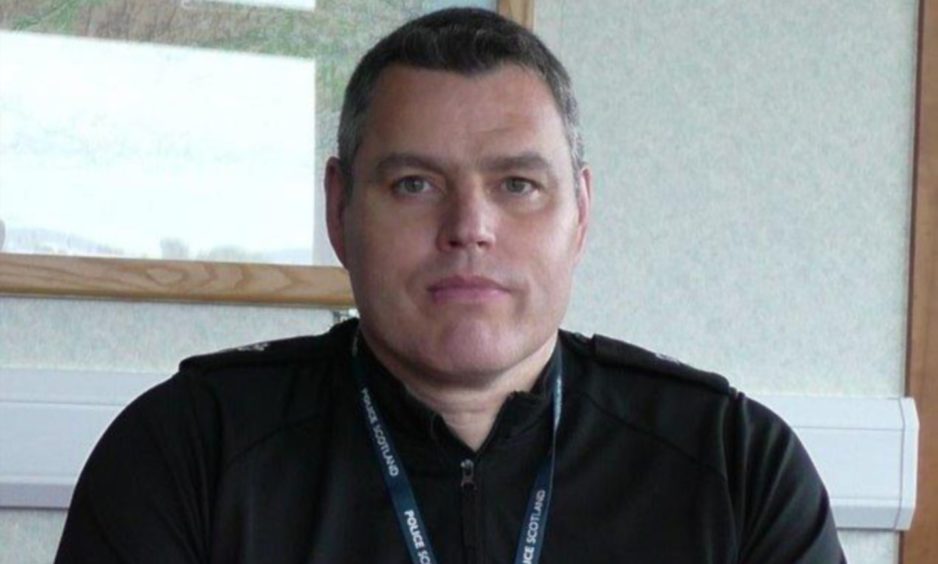Police statistics have revealed an alarming rise of domestic abuse across Scotland during lockdown with Moray and the Highlands both above the national average.
Annual figures published by the force show 64,193 incidents were recorded by officers across the country between April 2020 and March 2021 – an increase of 3.3% from the previous year.
However, both Moray and the Highlands have recorded larger increases with Highland rising by 8.9% to 2,540 incidents and Moray jumping by 11.5% to 913.
Police say the north and north-east continue to be among the safest parts of the country to live though.
Meanwhile, annual figures also show a large 33% drop in people being seriously injured or killed on quieter lockdown roads while there have also been sharp increases in neighbour disputes and noise complaints.
Domestic abuse calls on rise in lockdown
Coronavirus lockdowns have brought families together for significantly prolonged periods with limited opportunities for space.
Fears were raised in the early days of the pandemic that the change would lead to a surge of violence in homes across the country.
Now it can be revealed that police officers have recorded 64,193 incidents of domestic abuse during lockdown between April 2020 and March 2020 – 7.8% higher than the five-year average.
Moray has had one of the largest percentage increases in Scotland during that time.
However, despite the increase, Moray Women’s Aid believes the true scale of the problem may still be to come.
Business development and funding manager Melanie Wood said: “We’ve actually probably seen a slight decrease in calls to us in the last few month.
“Calls to the police are usually because there is an imminent threat to the safety of women or children.
“For us, a lot of our calls are about coercive or controlling behaviour. We’ve probably seen a slight decrease because women don’t have the time alone or space to make those calls at home because the perpetrators are there.
“Lockdown can enable controlling behaviour. It may start with perpetrators offering to do the shopping or whatever, but do women get that bank card back?
We know that home is not a safe place for everyone.”
Chief Superintendent George Macdonald
“We fully expect to get quite a significant increase in calls as we come out of lockdown and people tend to go out and about a bit more.”
Nationally, police say there was a “slight decrease” in domestic abuse incidents reported at the start of lockdown.
However, there has since been a “steady increase” with the force pledging to continue to work with victims’ organisations to ensure people get the help they need.
Superintendent George Macdonald, the police’s north-east divisional commander, said: “I continue to be extremely grateful for the efforts of everyone within North East Division as well as the communities who provided information about those most at risk.
“We know that home is not a safe place for everyone, and this support allowed us to act quickly and provide assistance to those who needed it most.
“Protecting people from risk of harm continues to be a priority for our officers as the restrictions ease, and we continue to work alongside our colleagues from national specialist units and our partners to prevent ever-increasing cases of fraud and child sexual abuse.”
What crimes have been reported to police in my area?
Noise complaints to police and neighbour rows increase during lockdown
As well as domestic abuse, homes have also been a flash point for other police incidents during lockdown.
Nationally, there has been a 41.4% increase in neighbour disputes and a 15.1% rise in noise complaints.
Police say the trends, which have been confirmed in national statistics, have been particularly evident during initial lockdown restrictions in spring last year and during the winter.
Housebreakings have also dropped by 24.5% as large parts of the population have changed to home-working.
The number of people killed or seriously injured in road accidents have both fallen by 33% as roads have become significantly quieter.
And figures for all violent crime across the country have dropped by 10%.
The Highlands and islands have also recorded one of the highest detection rates for reported crime at more than 70%.
Superintendent Conrad Trickett, the area’s divisional commander, explained the figures made the north one of the safest places in the country to live.
He said: “Overall, our crime rate remains one of the lowest in Scotland while public confidence in policing in the Highlands and islands also increased by eleven percentage points in the last year.
“We have been extremely grateful for the cooperation shown by the vast majority of the public during such an extraordinary period, and I can provide every assurance that our aim remains providing support, visibility and reassurance to all our communities.”


